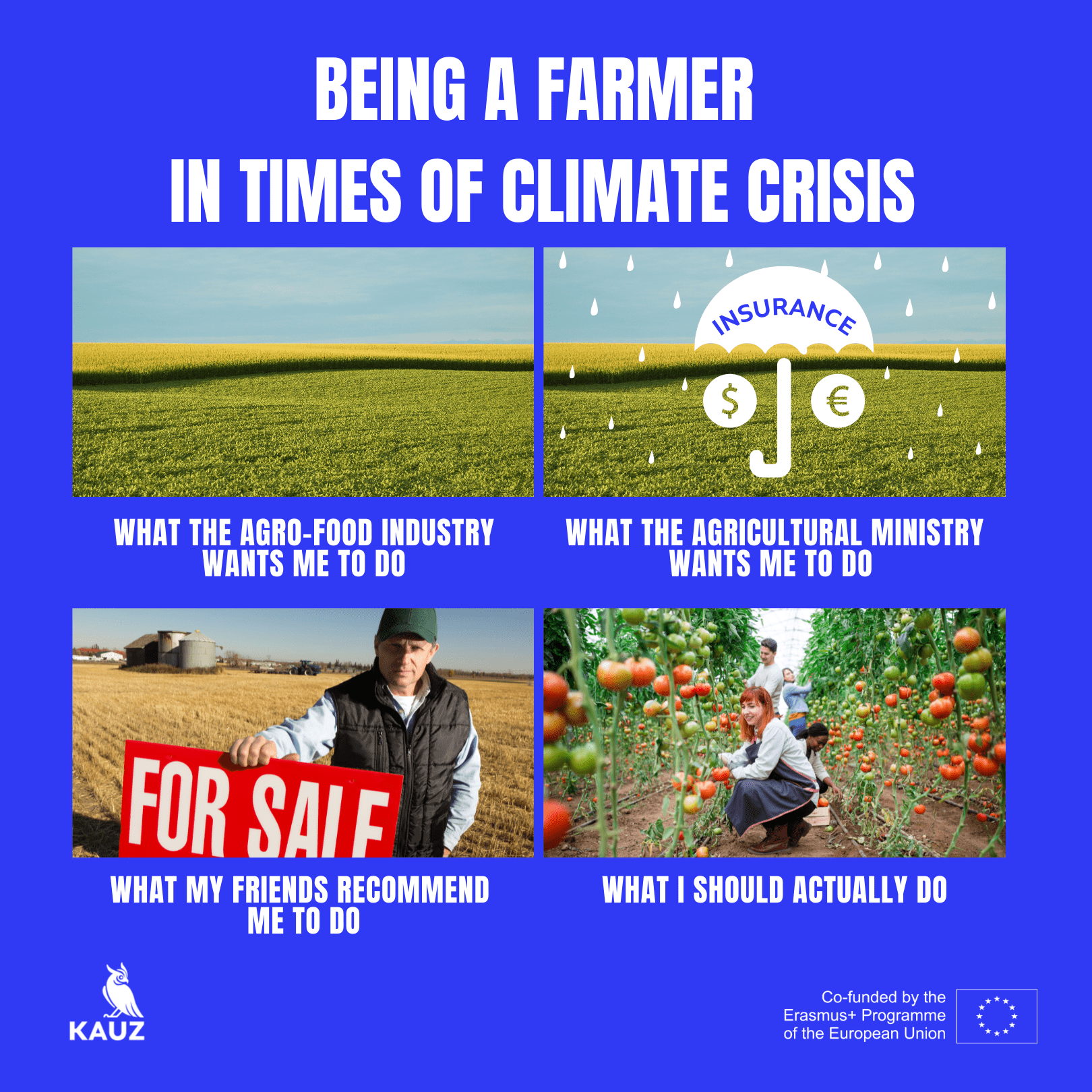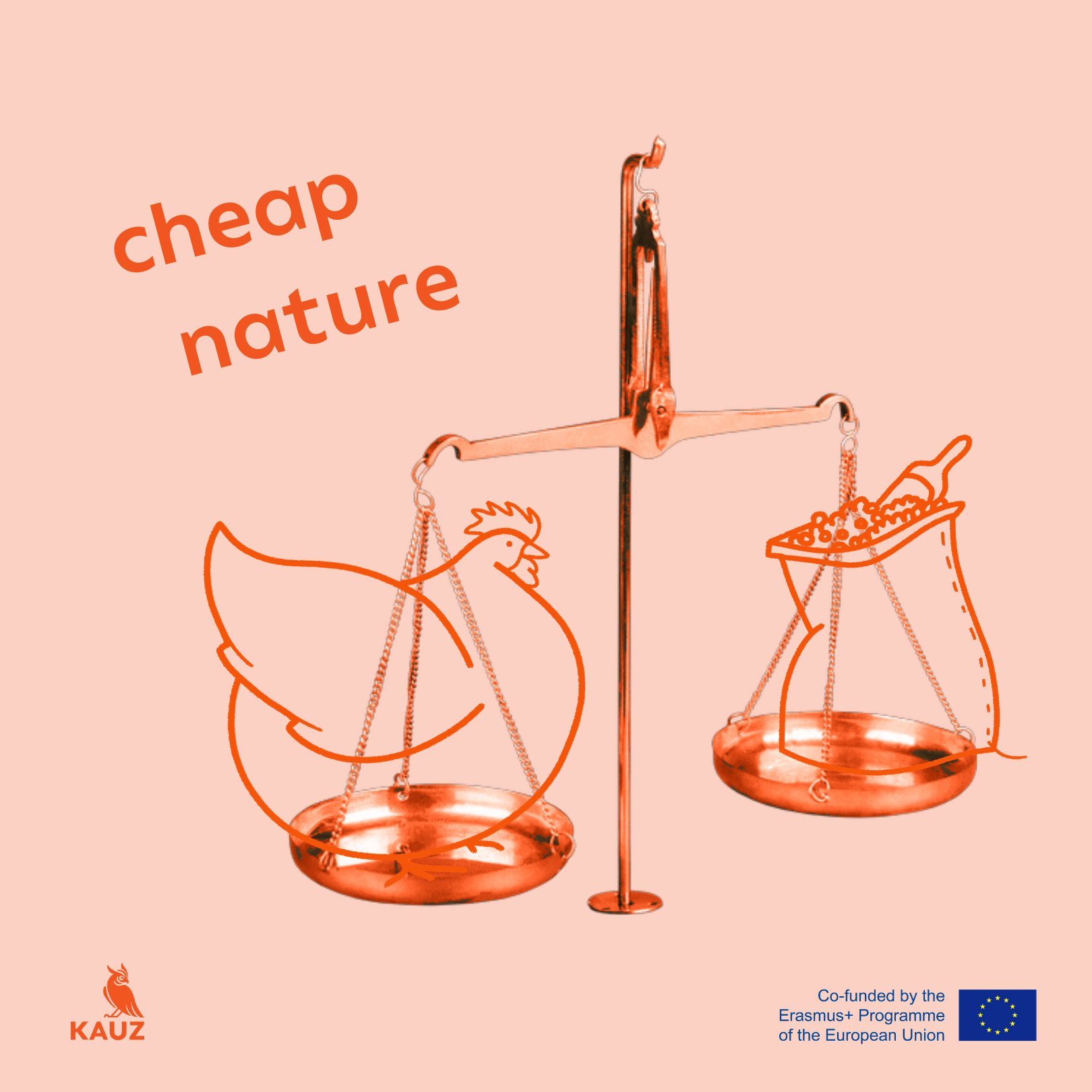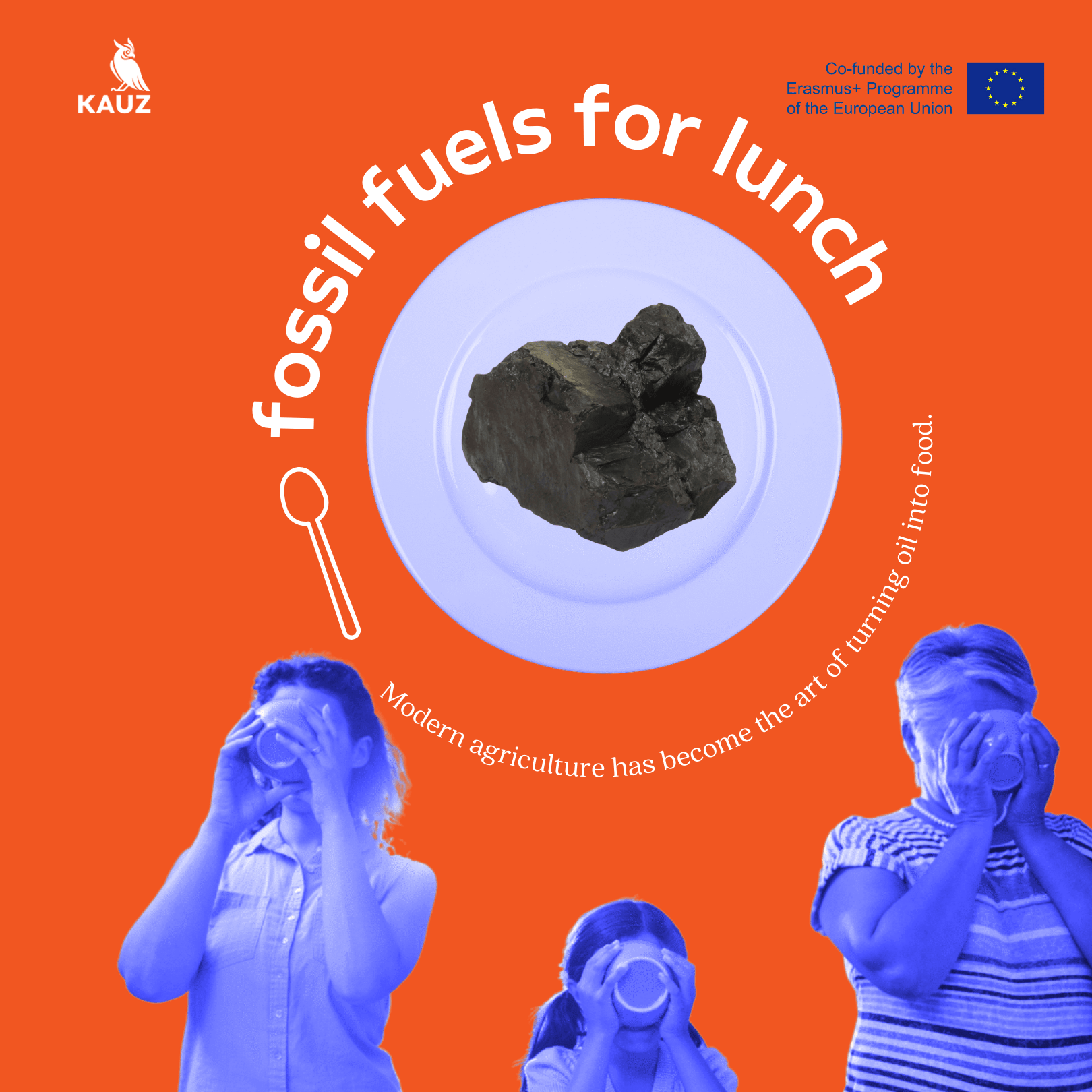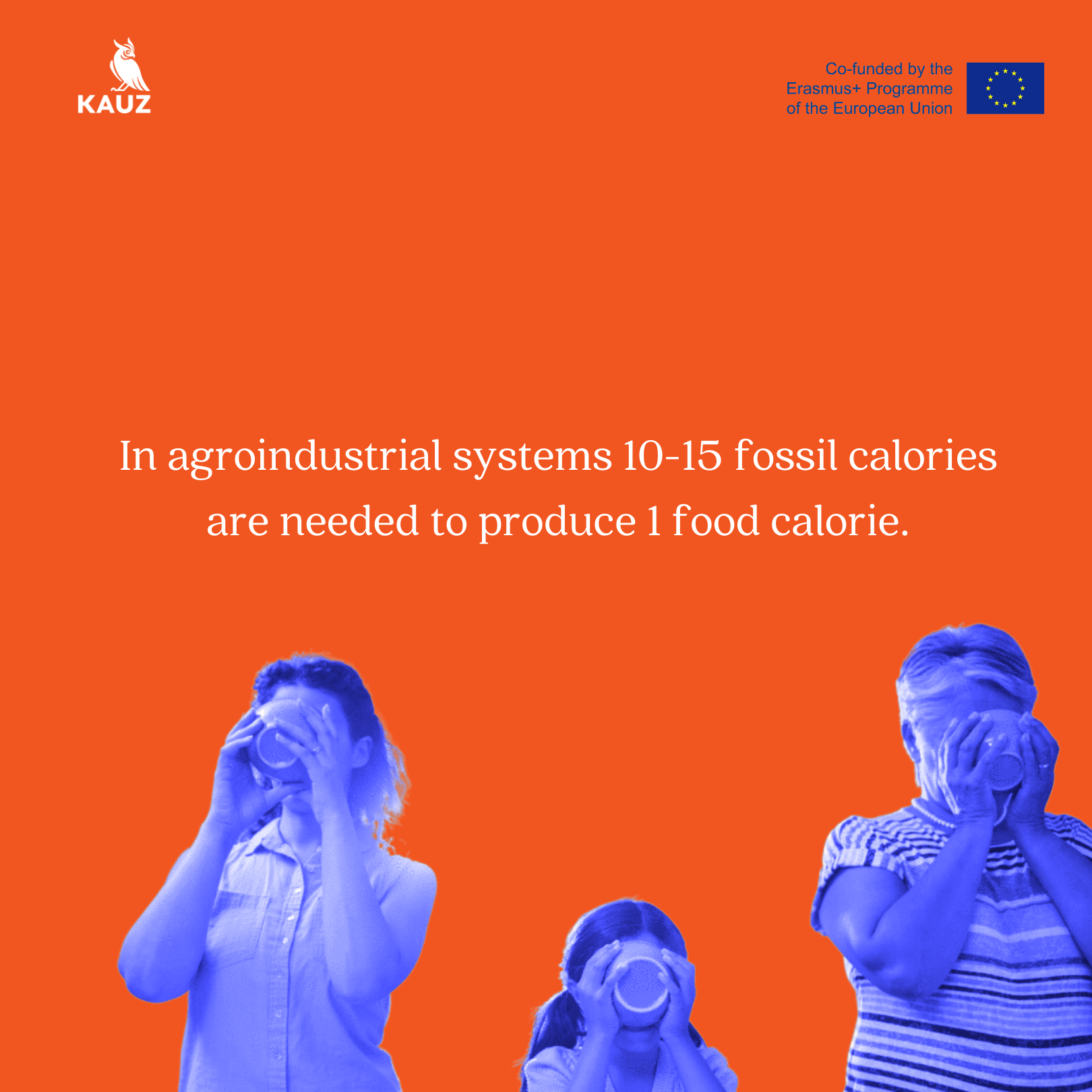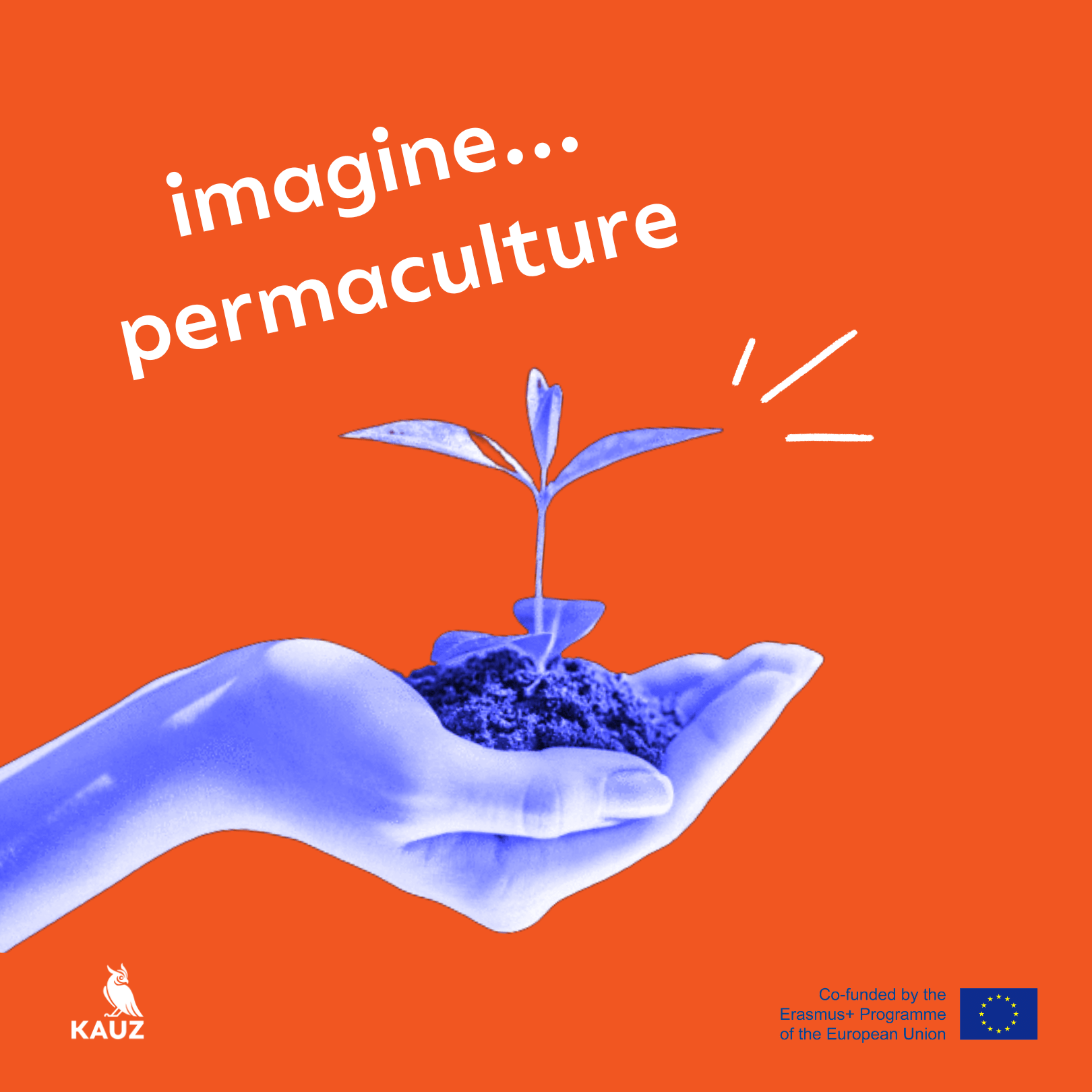Agriculture and Food Sovereignty
Hungry for justice!
Essential components of a Solidary Mode of Living and a Good Life for All are a different way of farming and a different way of dealing with food.
In the Imperial Mode of Living that we are currently experiencing, both nature and fellow human beings (especially in the Global South) are violently exploited in order to produce food as cheaply as possible. The consequences are monocultures, genetic engineering, patents on seeds, land grabbing, droughts and human rights violations. There is a heavy reliance on fossil raw materials. This type of industrial agriculture is thus a major driver of the climate crisis. In the future, existing problems of resource scarcity and infertile land will come to a head. In this way, hunger is created for the many for the profit of the few.
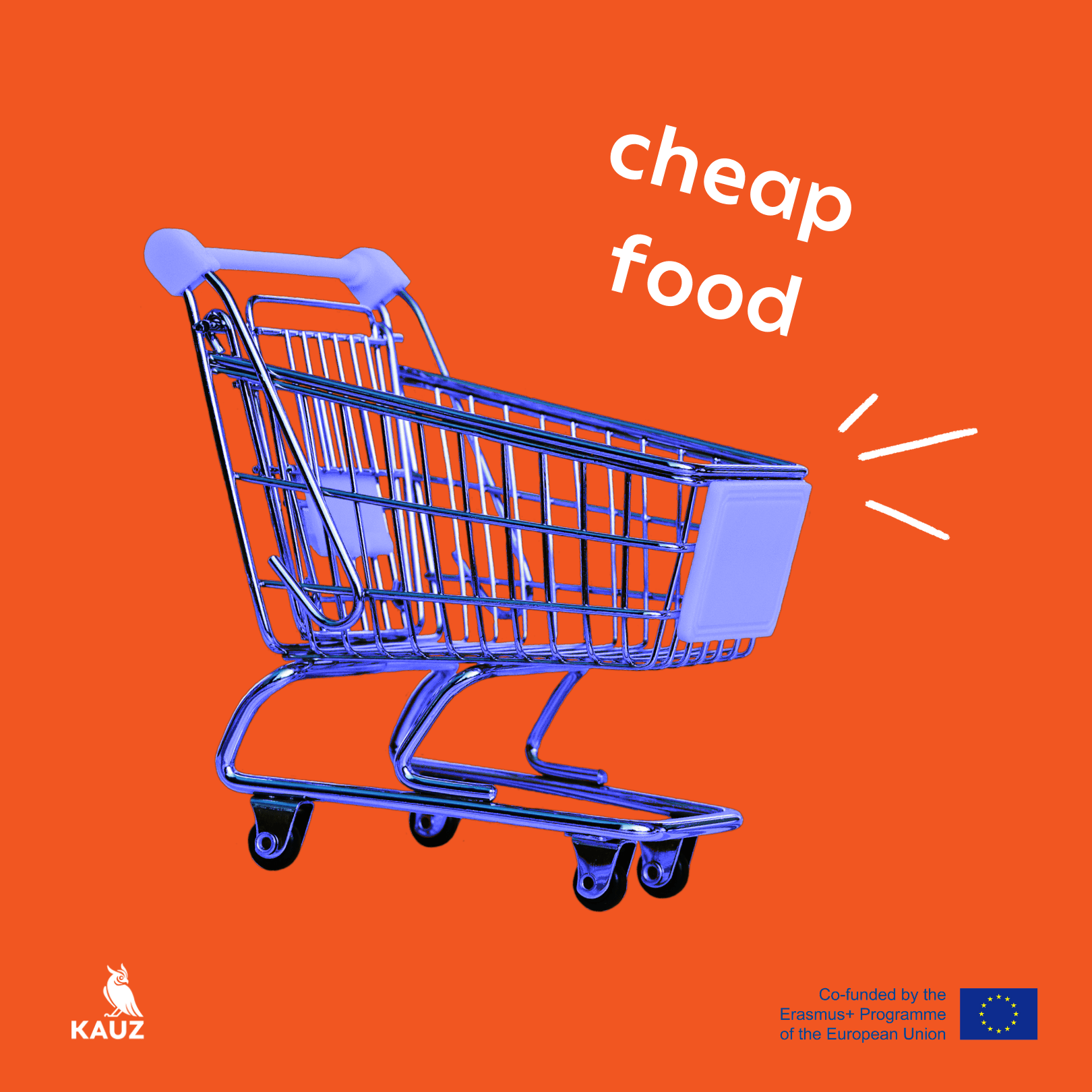
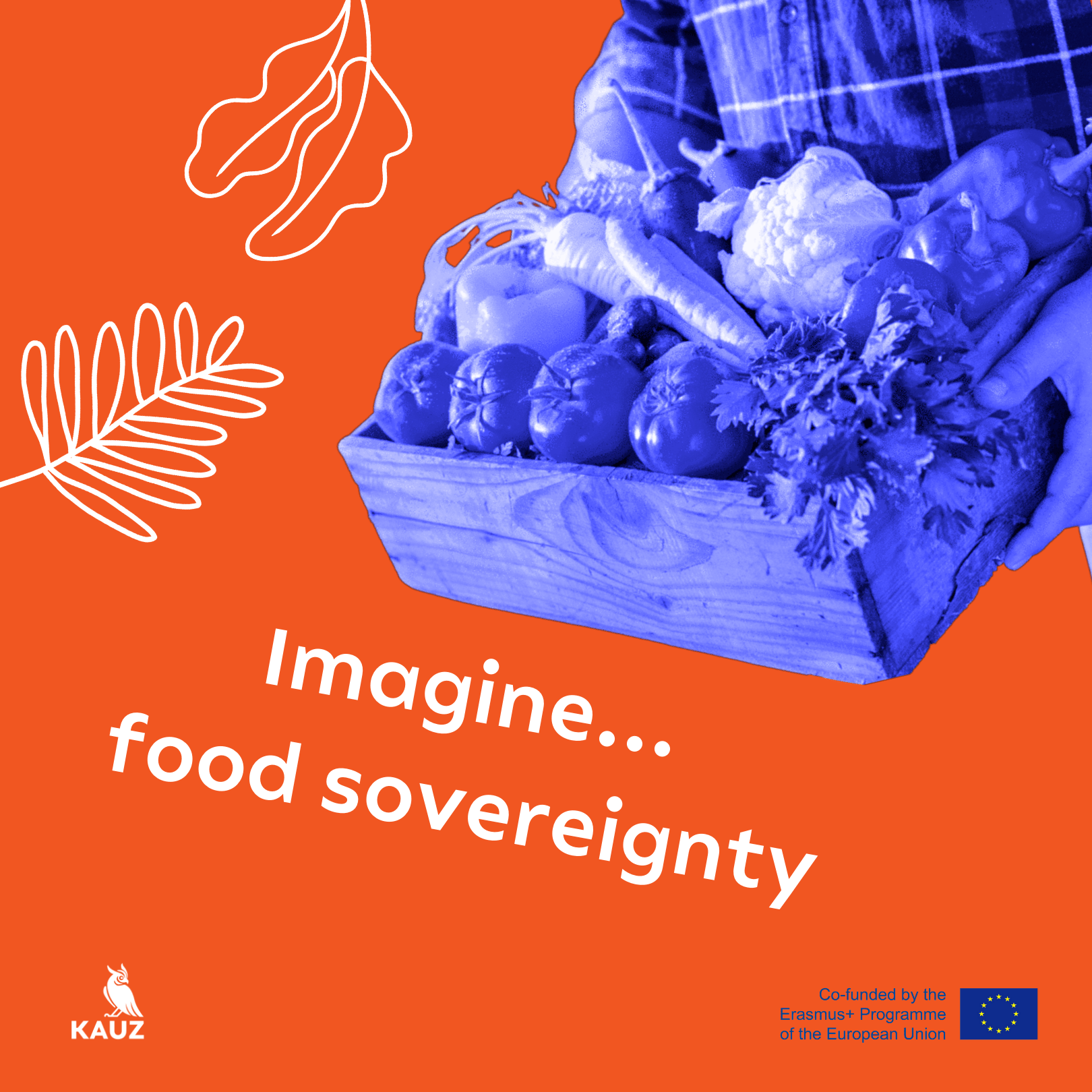
The concept of food sovereignty, which was initiated by small farmers, opposes this kind of farming. Access to land and water, a fair distribution of land and a careful treatment of nature are the focus here. In this way, food sovereignty helps to combat deeper problems of food production and the food system and is thus the basis for true food security. People who can make a good living for their families in subsistence can peacefully help shape a good future in their homeland.
To achieve food sovereignty, there are different approaches such as permaculture, solidarity farming, FoodCoops and food councils that aim to initiate change at different levels from the field to the supermarket.
For us, food and the way food is produced has an important political dimension. By working for food sovereignty, we can have a say in ensuring that food is produced in harmony with nature.
References
I.L.A. Kollektiv (Hg.) (2019): “Das Gute Leben für Alle. Wege in die Solidarische Lebensweise.” München: oekom.
Microlearnings
